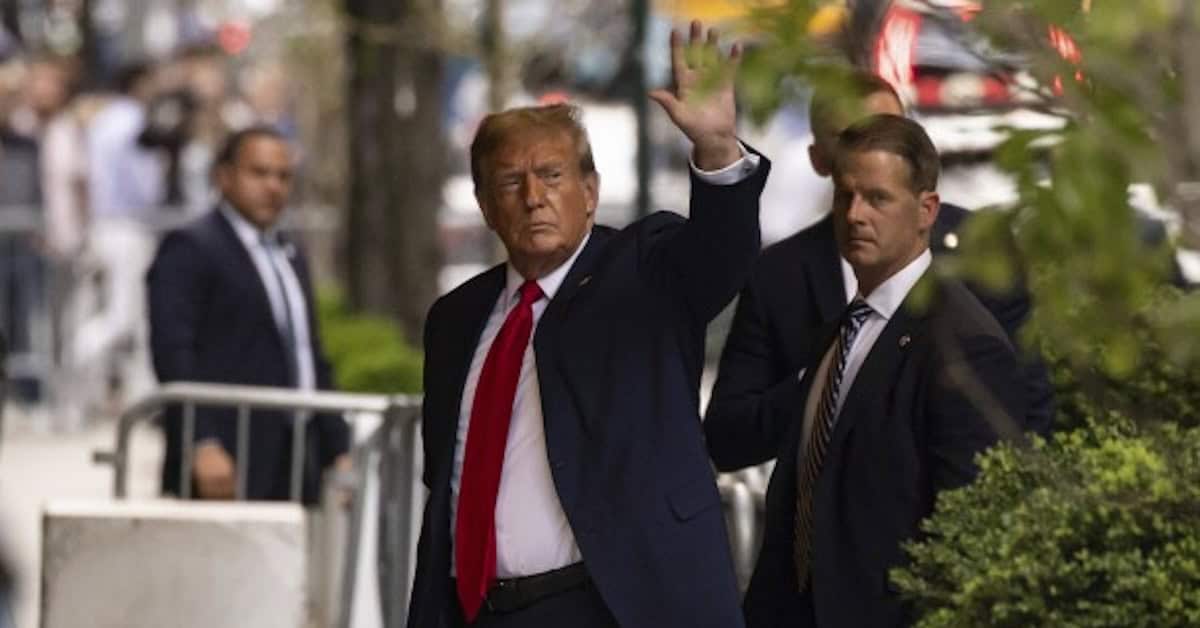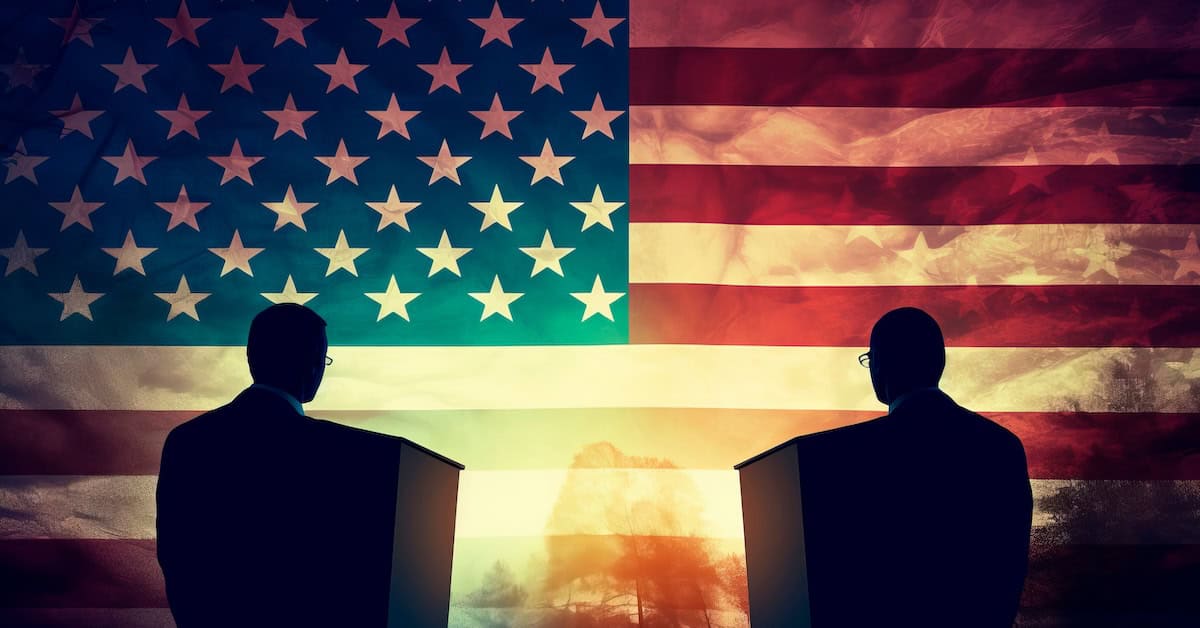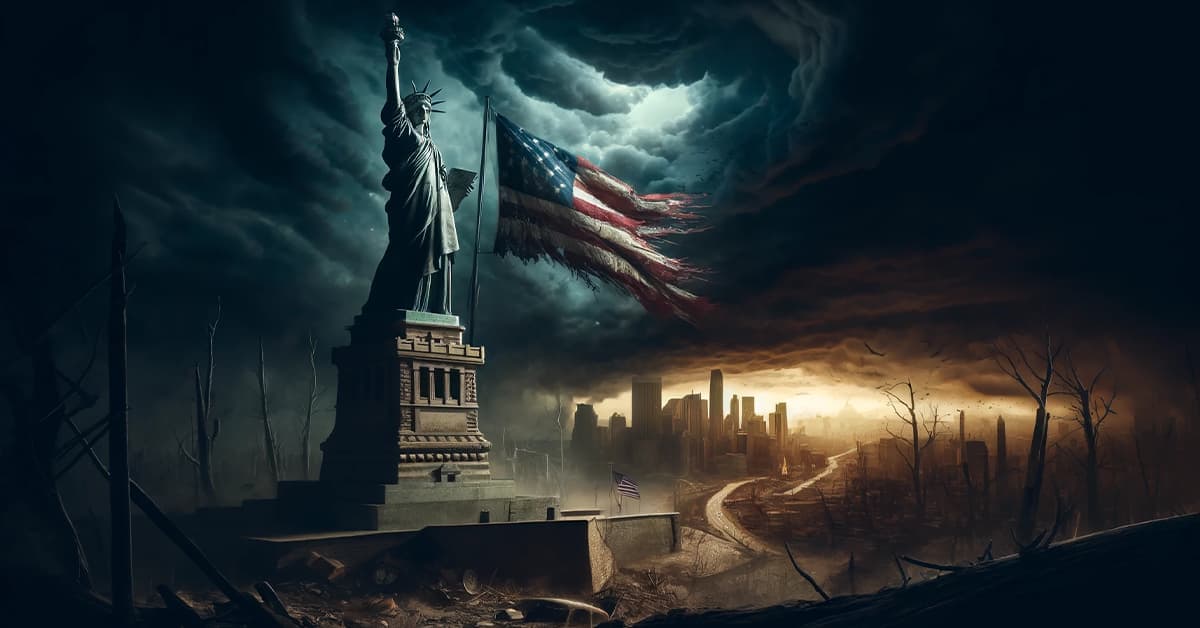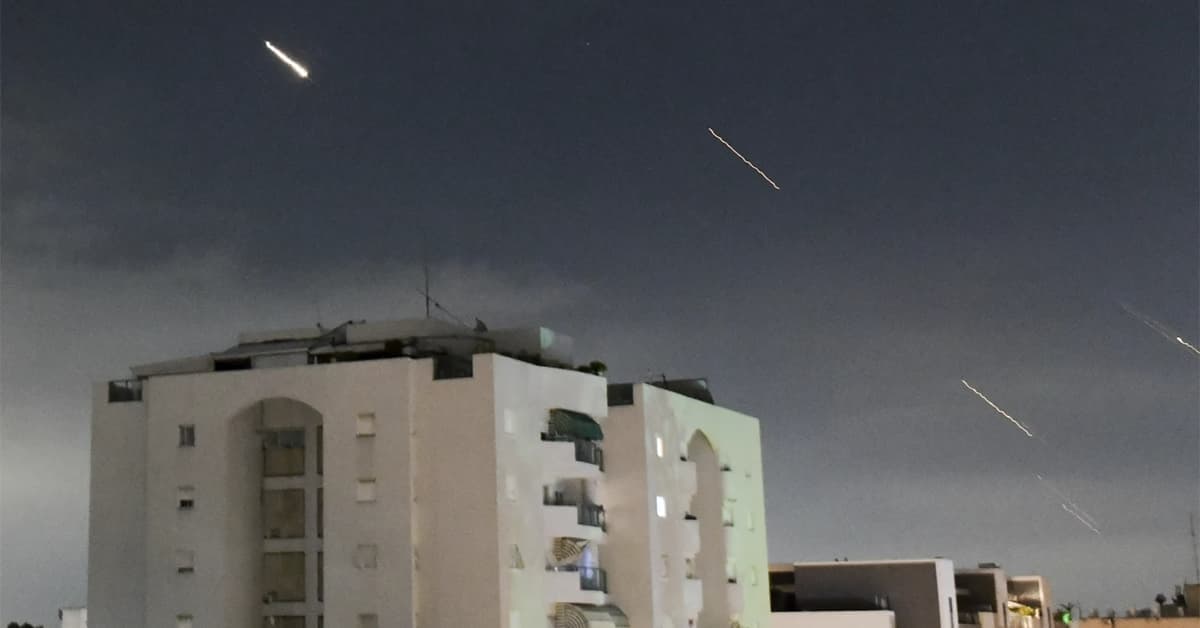President Donald Trump pointed out on Monday night the options he has to invoke the Insurrection Act of 1807 and take the unusual step of deploying active duty U.S. military forces to assist local and state police on U.S. streets.
The President does have the authority to use the military to respond to domestic unrest, but his ability to invoke it while it would be critical and likely necessary, it would be an extremely sensitive decision.
In the Rose Garden on Monday evening, President Trump made a very forceful statement indicating that if necessary, he would potentially deploy U.S. military forces to major cities in a federal capacity in response to continued violence across the country in the wake of the police killing of George Floyd in Minneapolis, Minnesota. Under the Constitution, the President has such authorities within the current version of the Insurrection Act, which was first enacted in 1807 and allows for the use of troops in a federal capacity in response to domestic unrest and certain other contingencies. There are certain limitations on when it can be invoked, though, and it is unclear if Trump will be able to do so unilaterally.
President Trump noted and stressed that “Governors must establish an overwhelming law enforcement presence until the violence has been quelled,” Trump said. “If a city or state refuses to take the actions that are necessary to defend the life and property of their residents, then I will deploy the United States military and quickly solve the problem for them. I am also taking swift and decisive action to protect our great capital, Washington, D.C.” Stating further,
“I am your president of law and order.” “As we speak, I am dispatching thousands and thousands of heavily armed soldiers, military personnel and law enforcement officers to stop the rioting, looting, vandalism, assaults, and the wanton destruction of property.”
As of today, more than 17,000 National Guard personnel are now deployed across 23 states and in the Capital of Washington, D.C. to support state and local police in responding to developing situations in their jurisdictions. Federal law enforcement agencies, including the Federal Bureau of Investigation and Customs and Border Protection, have also become involved.
By law, the U.S. military is generally barred from deploying within the United States or performing domestic law enforcement functions, primarily through the Posse Comitatus Act of 1878. At the same time, the Insurrection Act of 1807 provides a broad exemption, allowing the President to send troops to respond to “any insurrection, domestic violence, unlawful combination, or conspiracy” that “opposes or obstructs the execution of the laws of the United States or impedes the course of justice under those laws.”
The President’s first responsibility and order is to protect the people. To do so, it is necessary and very important to understand that the President may invoke the Insurrection Act without consulting Congress, but must do so through a formal proclamation that gives individuals in the affected area or areas time to disperse and return to their homes. So far, President Trump has not done this, despite claims he has done so. Note, he has not yet dispatched any federal troops within the United States, but the states have deployed the respective states’ National Guard forces, as referenced previous.
However, in one exception, I will remind you this⏤the Commander in Chief of the Washington, D.C. National Guard, an authority he exercises through the Secretary of Defense, and he has dispatched those forces to take up positions within the Capital. The city unique status also means that he can, and has, ordered federal troops to deploy there. The Justice Department has also deployed additional federal law enforcement personnel within the city, where it also has substantial jurisdiction.
Looking back, the Insurrection Act has been used very infrequently in the more than two centuries since it was enacted, with President George H.W. Bush being the last to do so in 1992 in response to the rioting in Los Angeles after a jury acquitted the police officers involved in the brutal beating of Rodney King. Congress also notably expanded the scope of circumstances under which the Act can be invoked in the wake of the aftermath of Hurricane Katrina in 2005. This was done despite the objections of every governor in the country at the time, who collectively saw the amendments to the law as a massive overreach by the federal government.
President Trump since late last week and over the weekend has received a series of briefings and held discussions with his DoD and DoJ advisers on the impact, effects on Americans and the legal ramification in his consideration of and if and when he should invoke the Insurrection Act. However, despite how he framed his threat, he could face significant challenges in doing so without the cooperation of state governors.
The law specifically says “whenever there is an insurrection [as defined by the Act] in any state against its government, the president may, upon the request of its legislature or of its governor if the legislature cannot be convened, call into Federal service such of the militia of the other States, in the number requested by that State, and use such of the armed forces, as he considers necessary to suppress the insurrection.”
However, it also advises that the President employ this authority if the domestic violence “hinders the execution of the laws of that state, and of the U.S. authority within the state, that any part or class of its people is deprived of a right, privilege, immunity, or protection named in the Constitution and secured by law, and the constituted authorities of that state are unable, fail, or refuse to protect that right, privilege, or immunity, or to give that protection.” i.e., to its citizens.
Invoking the act unilaterally could have legal ramifications, and could well be met by legal challenges from state authorities who may not agree that they have been unable, failed, or refused to protect the rights and privileges of their residents.
Such as the Democrat-led and governed states and cities. Whether a lawsuit against the federal government would prevent troops from actually moving into cities across the country, at least initially. At this point, it remains unclear.
President Trump’s threat followed a tense conference call with the nation’s governors on Sunday in which he recommended a variety of heavy-handed tactics to stop both protestors and rioters. Secretary of Defense Mark Esper, who was also on the call, described American cities as “battlespaces” and called for state and local authorities to “dominate” them, terms typically associated with military operations.
It is also import to realize that President Trump could also deploy U.S. military troops to conduct non-law-enforcement related tasks, such as guarding critical infrastructure or providing medical or logistics support, through other statutes, which you can read about in more detail in these past War Zone pieces. Doing so still generally requires requests from federal or state and local civilian agencies first.
Depending on the more serious hit cities, some governors may welcome the additional assistance from the U.S. military. All told, it remains to be seen whether Trump will actually follow through with what could be an unprecedented deployment of American troops on U.S. soil in modern memory. Strategically, his first priority is to save and protect the nation. He needs our support to do it.

























Dick Tater